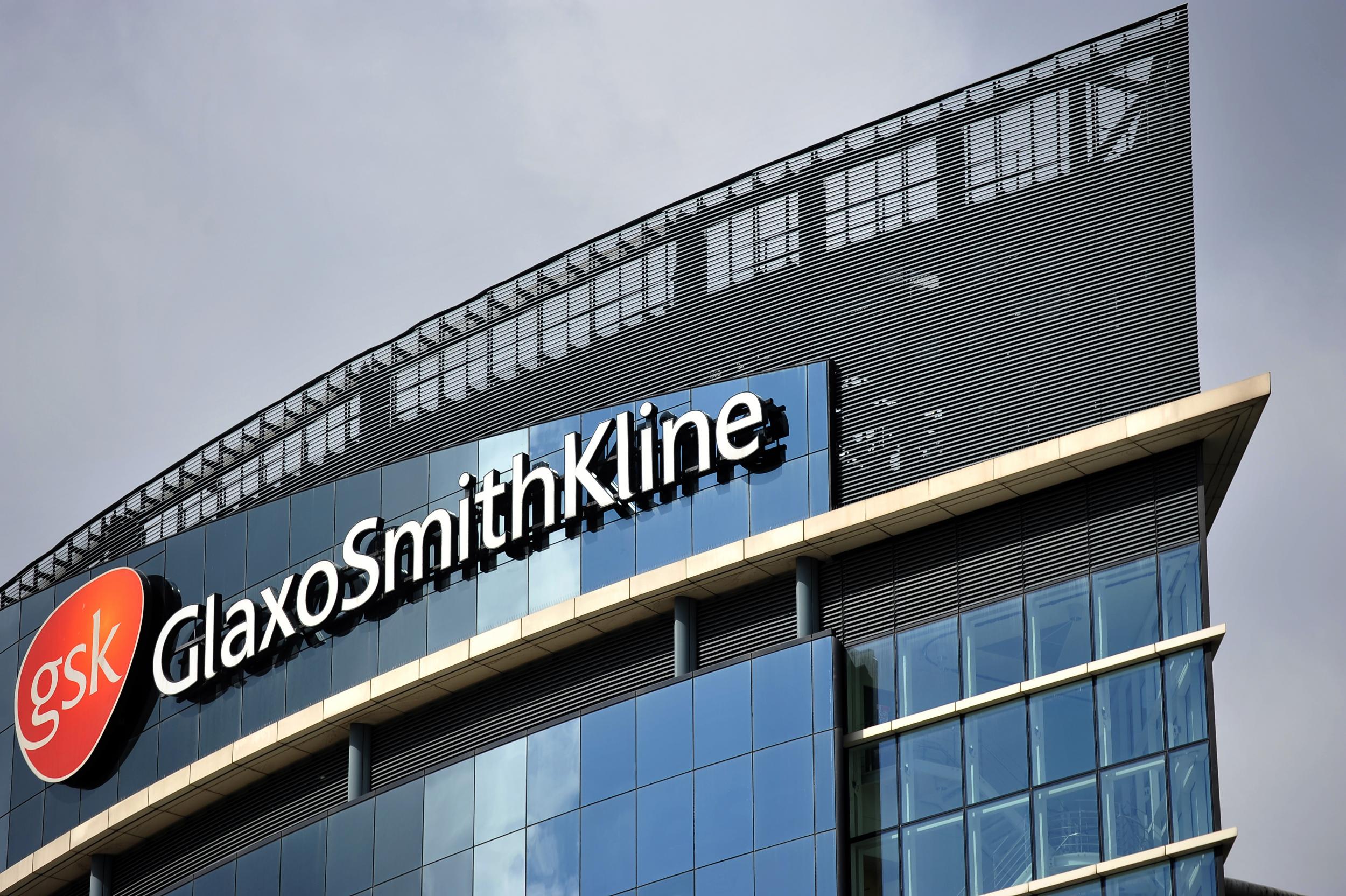GSK says UK is still attractive despite Brexit as it invests £275m
GSK expects its investment to create jobs

GlaxoSmithKline (GSK), the UK’s largest drug company, is to invest £275 million across three of its British factories, insisting the country remains an attractive place to invest despite UK’s vote to leave the EU.
The investment is to boost production and delivery of the company’s latest respiratory and biological medicine across three UK sites in Barnard Castle, Montrose and Ware.
Sir Andrew Witty, GSK chief executive, previously argued that Britain should remain a member of the EU saying, “It’s better to be in and improving it [EU] than to be on the outside and trying to plot a new course.”
But on Tuesday he said the new investment is a testament to the UK’s leading position in life sciences.
“It [the investment] is testament to our skilled UK workforce and the country’s leading position in life sciences that we are making these investments in advanced manufacturing here,” Sir Witty said.
“From their manufacture in the UK, many of these medicines will be sent to patients around the world,” he added.
GSK employs 16,000 people across the UK of which 6,000 work in manufacturing across nine sites. The company said the new investment is expected to create more jobs but did not give a specific number.
Uncertainty surrounding UK’s vote to leave the EU has raised concerns that corporate investment in Britain would fall.
Greg Clark, business and energy secretary, said GSK’s investment underlines UK’s position as a global business leader.
“GSK's recognition of our skilled workforce, world leading scientific capabilities and competitive tax environment is further proof that there really is no place better in Europe to grow a business,” Clark said.
Witty, who is due to retire in March 2017, chairs an industry taskforce together with Pascal Soriot, AstraZeneca’s chief executive, to address regulatory issues facing the pharmaceutical sector following Britain's vote to leave the EU bloc.
GSK’s news comes as shareholders at EDF, the French energy giant, have approved plans to issue new shares to raise €4 billion (£3.4 billion) to help pay for the nuclear plant at Hinkley Point. EDF is expected to finally approve the project in Somerset at a board meeting on Thursday.
Brexit reactions – in pictures
Show all 10UK GDP growth surprisingly picked up speed in the second quarter of 2016, according to the Office for National Statistics.
“Today’s GDP figures show that the fundamentals of the British economy are strong. It is clear we enter our negotiations to leave the EU from a position of economic strength,“ said the Chancellor Philip Hammond.
However, economists warned that the improvement was unlikely to be sustained.
A group of major business surveys by Markit/CIPS on Friday last week suggested that activity in the services and manufacturing sectors of the economy fell at its fastest pace since 2009 in the wake of the shock Brexit vote on 23 June.
Subscribe to Independent Premium to bookmark this article
Want to bookmark your favourite articles and stories to read or reference later? Start your Independent Premium subscription today.

Join our commenting forum
Join thought-provoking conversations, follow other Independent readers and see their replies